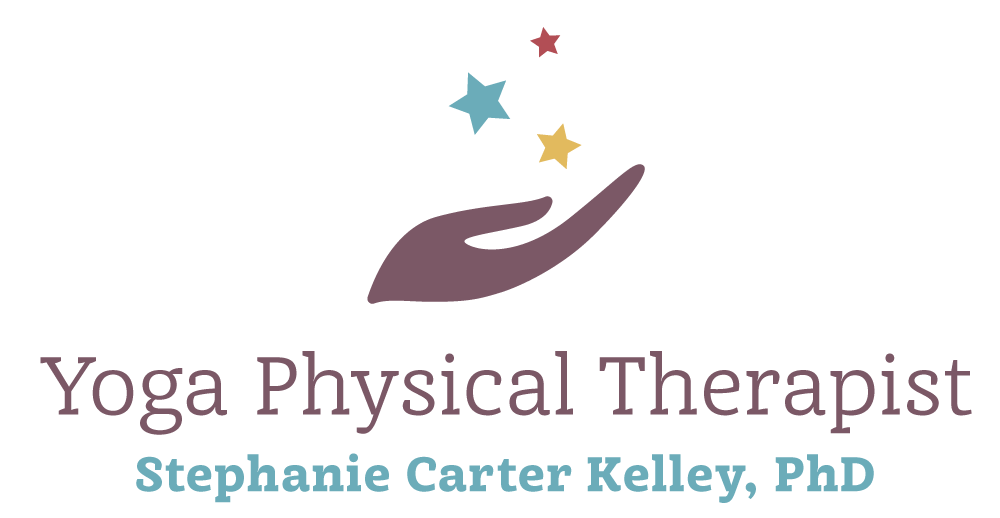Pretend that you are your aching back or pretend that you are your knee. And look from the perspective of your aching body part. How do you treat your self physically and emotionally? Are you hard on yourself? On the physical side, do you sit for long hours without moving? Or do you exercise to the point of exhaustion? Maybe you bend and lift with poor mechanics. Maybe you have given into gravity and sustain a hunched posture. On the mental side, do you curse your body? Do you beat yourself up at the end of the day for what you didn't accomplish? If you can say yes to any of this, Your body is not betraying you. You are betraying your body.
As you tune into your body by becoming quiet, give gratitude for all the good things your body does each day. Give some love back to your self for small but important things. Focus on what you DID achieve. Take small steps to creating compassion for your body and your self. The payoff will be BIG.
Namaste,
Stephanie



